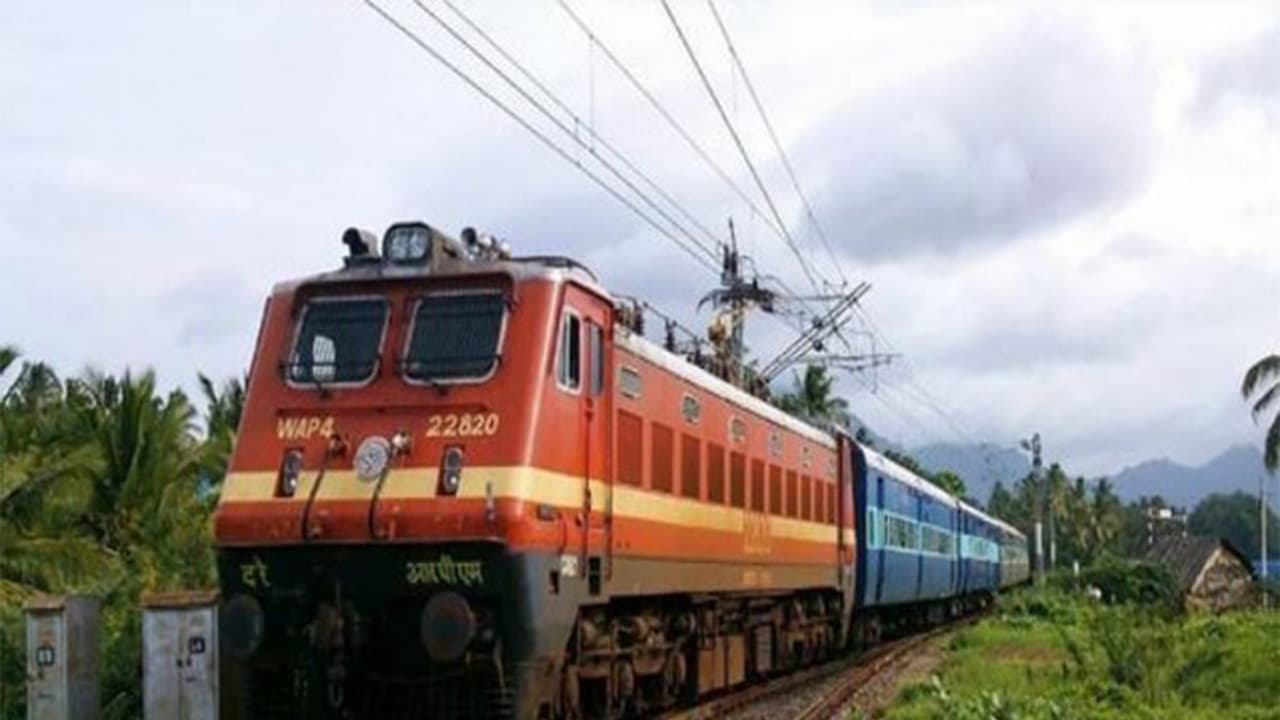Former Railway Minister Suresh Prabhu advocated for monetising Indian Railways’ vast data to generate ‘tens of thousands of crores,’ stressing the need to diversify revenue beyond fares and freight and augment capacity for private participation.
Data Monetisation for Revenue
Former Railway Minister Suresh Prabhu has said Indian Railways generates enormous non-classified data that can be monetised to create “tens of thousands of crores.” Stressing that the national transporter must adopt a holistic, long-term strategy to drive reforms. Prabhu made the remarks virtually at Railway Conclave 2.0, organised by the Chintan Research Foundation (CRF) in New Delhi on Wednesday.
Prabhu said the Railways holds massive datasets that could unlock unprecedented revenue if utilised smartly. “If you do data monetisation, railways generate huge data… not possible, data, not classified data, all the data monetised. Tens of thousands will come if you actually have food for 8.5 million people. So 8.5 million footfalls, and you can see the eyeballs, and you can imagine the amount of money that could have been created,” the former Railway Minister said.
Diversifying Income Streams
He emphasised that Railways must not depend solely on freight and passenger fares for revenue. “Fare and freight could not have been the only source of railways’ money,” he noted, adding that the system needs diversified income streams enabled by technology, data, and digital services.
Capacity Augmentation for Private Sector
Prabhu also underlined the need for capacity augmentation to enable private participation. “Railways can function only when there is capacity… we lay down the tracks, we augment the capacity, and then the private sector can come in,” he said, noting that many key reforms executed during his tenure stemmed from this principle.
Delegation for Effective Implementation
The former minister said effective implementation requires trust and delegation. “We delegated all the powers to the general manager… if people have no ability and are not delegating, then there is no reason for them to be in the organisation,” he said, calling this shift essential for driving large-scale change.
A Structured Approach to Reform
He said that his reform approach was rooted in a clear diagnosis and a comprehensive plan. “You must identify the problem… diagnosis is very important for the cure,” Prabhu added, asserting that such structured reform is what enabled savings, efficiency gains and improved passenger services during his tenure.
(Except for the headline, this story has not been edited by Asianet Newsable English staff and is published from a syndicated feed.)
